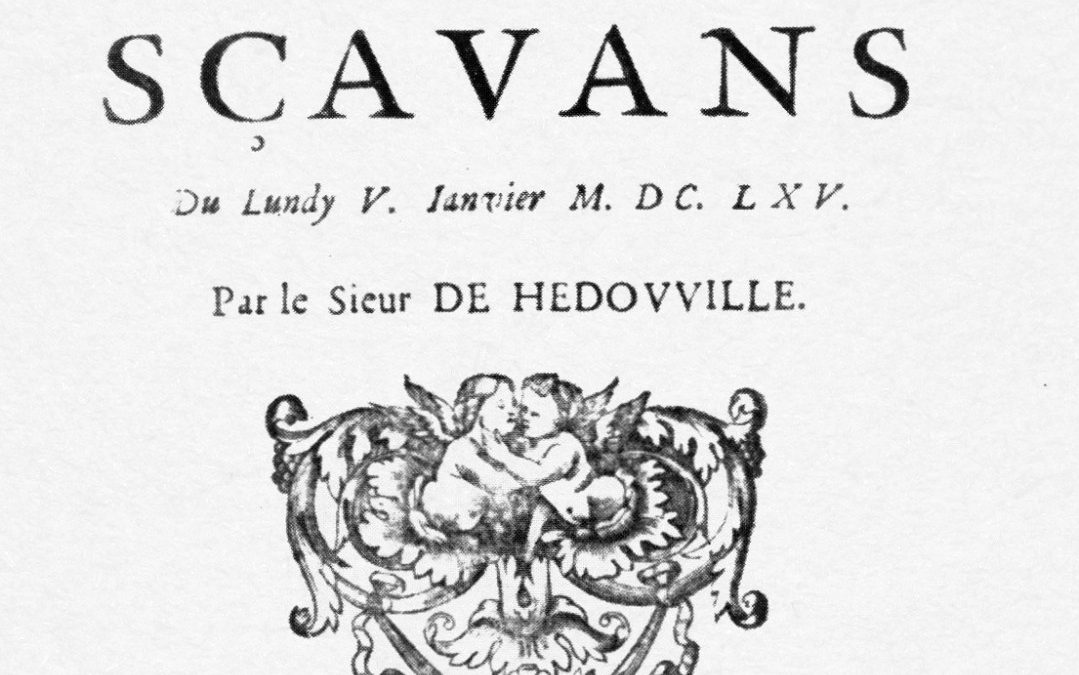
by Richard Subber | Mar 29, 2025 | Book reviews, Books, Books Commentary, Joys of reading, Language, Poetry
Moby-Dick and stuff….
I know whale tales aren’t for everyone.
If you’re still with me, you might be interested to know that Herman Melville’s iconic whale story was published 174 years ago (titled: “The Whale”) in London, and then, a month later, in New York.
The original American title is Moby-Dick; or, The Whale. Melville actually went to sea as a crewman on a whaling vessel, and based his novel in part on a real sperm whale named Mocha Dick, known to South Pacific sailors in the 1840s.
Early in his career Melville was briefly acclaimed for some of his South Pacific stories, such as Typee, but he was obscure during the last 30 years of his life. He earned only $1,200 or so from the sale of about 3,200 copies of Moby-Dick, which was out of print when he died in 1891.
A first American edition of the book can easily be secured if you have about $80,000 (free shipping!) to spend.
Melville wrote in a variety of genres—again, not for all tastes. I’m a big fan of Moby-Dick, and I’m also an advocate for Bartleby, the Scrivener: A Story of Wall Street. Nothing of the South Pacific here. The circumstances of this desiccated short story are curious, even eccentric, incredulous. The withered and aloof Bartleby is presented, examined and disdained, until his very dispirited isolation makes him the object of the narrator’s genuine but increasingly troubled caretaking.
Don’t overlook Billy Budd, Sailor. It’s a searing morality play.
You may be surprised to know that Melville also wrote poetry. One critic has somewhat ponderously suggested that Moby-Dick is filled with Melville’s incipient poetry. I certainly believe that a story can contain a poem, but I don’t see anything like that in Moby-Dick.
* * * * * *
Book review. Copyright © Richard Carl Subber 2025 All rights reserved.
The “dime novels” in the Civil War
Think “blood-and-thunder”…
–
In other words: Poems for your eyes and ears with 64 free verse and haiku poems,
and the rest of my poetry books are for sale on Amazon (paperback and Kindle)
and free in Kindle Unlimited, search Amazon for “Richard Carl Subber”
* * * * * *

by Richard Subber | Dec 26, 2024 | Book reviews, Books, Books Commentary, Joys of reading
Book reviewing never has been
the noblest profession.
The art of the book review is relatively young. Edgar Allan Poe wrote some reviews for Graham’s Magazine in the 1840s. The first explicitly titled book review appeared in 1861—it was a sweetheart review, in the awkwardly reserved language of the era:
“The present work has the additional recommendation of an unmistakably useful subject…”
An interesting point is that no one thought there was a need for book reviews before the middle of the 19th century. The Junto: A Group Blog on Early American History says:
“By the 1840s, improved production techniques and faster distribution networks meant that middle-class readers in America could expect convenient access to a wide range of literary materials in a variety of formats. But they also meant that readers trained to prize discernment needed more sophisticated ways to evaluate the materials passing before their eyes. This was one of the requirements that led to early attempts to define an American national literary canon.”
Book reviewers haven’t been getting a lot of respect since the early days. Poe criticized book reviews in 1846:
“We place on paper without hesitation a tissue of flatteries, to which in society we could not give utterance, for our lives, without either blushing or laughing outright.”
A century later, George Orwell had these unkind words for reviewers:
“In much more than nine cases out of ten the only objectively truthful criticism would be ‘This book is worthless’, while the truth about the reviewer’s own reaction would probably be “This book does not interest me in any way, and I would not write about it unless I were paid to.”
If you’re feeling the urge to be a full-time book reviewer,
take a moment and think about medical school.
* * * * * *
Book review. Copyright © Richard Carl Subber 2024 All rights reserved.
Book review: “The Gentle Boy”
The Puritans had a dark side…
by Nathaniel Hawthorne
–
My first name was rain: A dreamery of poems with 53 free verse and haiku poems,
and the rest of my poetry books are for sale on Amazon (paperback and Kindle)
and free in Kindle Unlimited, search Amazon for “Richard Carl Subber”
* * * * * *

by Richard Subber | Sep 17, 2024 | Book reviews, Books, Books Commentary, Joys of reading, Language, Reflections
“…and even make us laugh…”
“When writers make us shake our heads
with the exactness of their prose and their truths,
and even make us laugh about ourselves or life…”
Anne Lamott (b1954)
in her book Bird by Bird: Some Instructions on Writing and Life
p. 237
The “exactness” part truly is the hard part.
I try to make the meaning of my poems so clear that they wake up your mind.
Then you can laugh about it, shout about it…
* * * * * *
Book review. Copyright © Richard Carl Subber 2024 All rights reserved.
Book review: The Poems of Robert Frost
Bob hears bluebirds talking…
–
As with another eye: Poems of exactitude with 55 free verse and haiku poems,
and the rest of my poetry books are for sale on Amazon (paperback and Kindle)
and free in Kindle Unlimited, search Amazon for “Richard Carl Subber”
* * * * * *

by Richard Subber | Aug 24, 2024 | Book reviews, Books, Books Commentary, Joys of reading, Language
…a “man of letters”…
Book review:
Literary Life: A Second Memoir
by Larry McMurtry (1936-2021)
Simon & Schuster, 2009
McMurtry moves me to want more, read more…
It’s incredibly easy to read McMurtry—I’ve read Books: A Memoir, Walter Benjamin at the Dairy Queen, and now Literary Life. Time after time, it seems that he writes in an off-hand way; thoughts and scenes and chapters can end very abruptly. Yet, the work seems polished. The prose is spare, as Larry acknowledges.
I am titillated by his familiar references to so many authors and works. I would love to be a “man of letters,” as McMurtry claims to be. The draw for me is McMurtry’s immersion in books. I would be thrilled to own 200,000 books. Desperately thrilled.
I’m pretty sure that McMurtry’s passionate engagement with books and authors is a believable lifestyle. His many references to re-reading books is a believable commitment.
Since I retired nearly 20 years ago, I have, from time to time, envisioned taking the pledge to read the entire oeuvre of an author I like. Now I am moved to read McMurtry’s books. I plan to re-read Books and Literary Life to get clues about how to read them. I’ll consider reading his works in order by pub date, except for the Lonesome Dove and Berrybender tetralogies, of course.
I don’t think I’ll be disappointed.
* * * * * *
Book review. Copyright © Richard Carl Subber 2024 All rights reserved.
Will the last monkey cry?
the new reality…
As with another eye: Poems of exactitude with 55 free verse and haiku poems,
and the rest of my poetry books are for sale on Amazon (paperback and Kindle)
and free in Kindle Unlimited, search Amazon for “Richard Carl Subber”
* * * * * *

by Richard Subber | Aug 20, 2024 | Book reviews, Books, Books Commentary, Joys of reading
It all got started in 1665…
A book review is something of value.
At least, it tells you something about a book you haven’t read.
Let’s be candid: if you don’t know anything about the book reviewer, the value—not necessarily the quality—of the review is diminished. (I’d love to have an encyclopedia of the multiple reviews of reviewers who do it for a living.)
Book reviews aren’t as old as the hills.
In 1665 the Journal des Sçavans in Paris was a precursor of published book reviews, with non-opinionated summaries focused principally on publications dealing with biology and technology.
What we think of as book reviews can be dated to the 18th century, when magazines (also a new publishing concept at that time) began offering essays about books. An increasing number of books were being published in that era, and this created an audience for the reviews.
The words “book review” made it into print as early as 1861. Harvard professor Jill Lepore notes that “In the 19th century, an age of factories and suffrage, literacy rates increased, the price of books fell, and magazines were cheaper still. A democracy of readers rose up against an aristocracy of critics.” Book reviewing found its niche.
Fun fact: Edgar Allan Poe was a notoriously caustic reviewer in the middle of the 19th century.
In 1900 an anonymous “Veteran Book Reviewer” wrote a piece for The Independent that was titled “Up-to-Date Book Reviewing.” Book reviewing had become a craft.
Today, with universal access to the internet, anybody can be a book reviewer. Fer gosh sakes, some folks think that worthwhile book reviewing is in decline because there are too many books to review.
I’d like to say there oughta be a law.
Ain’t gonna stop me from reading.
* * * * * *
Book review. Copyright © Richard Carl Subber 2024 All rights reserved.
Book review: Tales from Shakespeare
summaries by Charles and Mary Lamb…
Seeing far: Selected poems with 47 free verse and haiku poems,
and the rest of my poetry books are for sale on Amazon (paperback and Kindle)
and free in Kindle Unlimited, search Amazon for “Richard Carl Subber”
* * * * * *

by Richard Subber | Jan 23, 2022 | Book reviews, Books, Books Commentary, Joys of reading
a really good book about books…
Book review:
84, Charing Cross Road
by Helene Hanff
New York: Grossman Publishers, 1970
84, Charing Cross Road is a perhaps iconic epistolary opus and a minor delight for bibliophile readers.
Helene Hanff (1916-1997) was an antiquarian book freak in New York City who was thrilled to have a 20-year long-distance relationship by mail with the staff of a small book shop in London at 84, Charing Cross Road, namely, Marks & Co.
Her love of books, her humanity, and her blithe spirit are on display, as is the somewhat reserved and very British geniality of Frank Doel and the staffers at Marks & Co. who kept Helene supplied with the obscure old books that she loved so much.
If you’re still reading this review, you probably are ready to start reading the book.
Otherwise, you know…
* * * * * *
Book review. Copyright © Richard Carl Subber 2022 All rights reserved.
Book review: Hag-Seed
by Margaret Atwood…it ain’t Shakespeare
–
Above all: Poems of dawn and more with 73 free verse poems,
and the rest of my poetry books are for sale on Amazon (paperback and Kindle)
and free in Kindle Unlimited, search Amazon for “Richard Carl Subber”
* * * * * *





